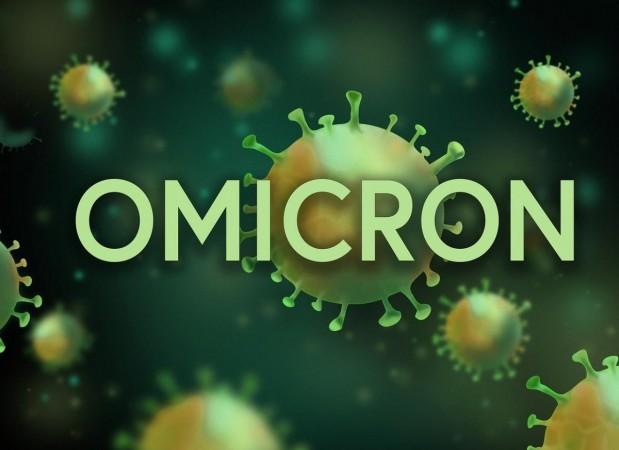It was around a month back that the Omicron variant was detected in South Africa. The new variant soon spread like wildfire, and it has now emerged as the dominant strain in various countries including the United States. Even though the Omicron variant is not that deadly as the Delta variant, its high transmissibility is undoubtedly a matter of concern.
India is also now facing the heat posed by the Omicron variant. After 33 days, India reported more than 10,000 cases on Wednesday. On Wednesday, India reported over 13,000 cases, and the lack of proper genome sequencing makes it difficult to understand whether Omicron is behind this drastic surge in fresh cases.

Omicron community spread confirmed
Meanwhile, Delhi Health Minister Satyendar Jain has revealed that Omicron's community spread has been confirmed. According to Jain, the presence of the Omicron variant among people with no travel history is a clear indication that the new transmissible strain of Covid is spreading across the community.
Jain added that 46 of 115 samples sequenced in Delhi have been tested positive for the Omicron variant so far.
According to the latest updates, the Omicron case tally in India is now 961. Delhi has reported the maximum number of Omicron cases (263), followed by Maharashtra (252).
Omicron could escape immunity offered by vaccines
In the meantime, a study conducted by Indian SARS-COV-2 Genomics Consortia INSACOG has suggested that the Omicron variant is capable enough to escape the immunity offered by vaccines.
On Wednesday, the World Health Organization (WHO) had warned that the Delta and Omicron variants of Covid are ''twin threats'' which could result in rising fresh cases, along with increased hospitalizations and a surge in Covid-related deaths.
"I am highly concerned that Omicron, being more transmissible, circulating at the same time as Delta, is leading to a tsunami of cases. This is and will continue to put immense pressure on exhausted health workers, and health systems on the brink of collapse," said WHO chief Adhanom Ghebreyesus.









